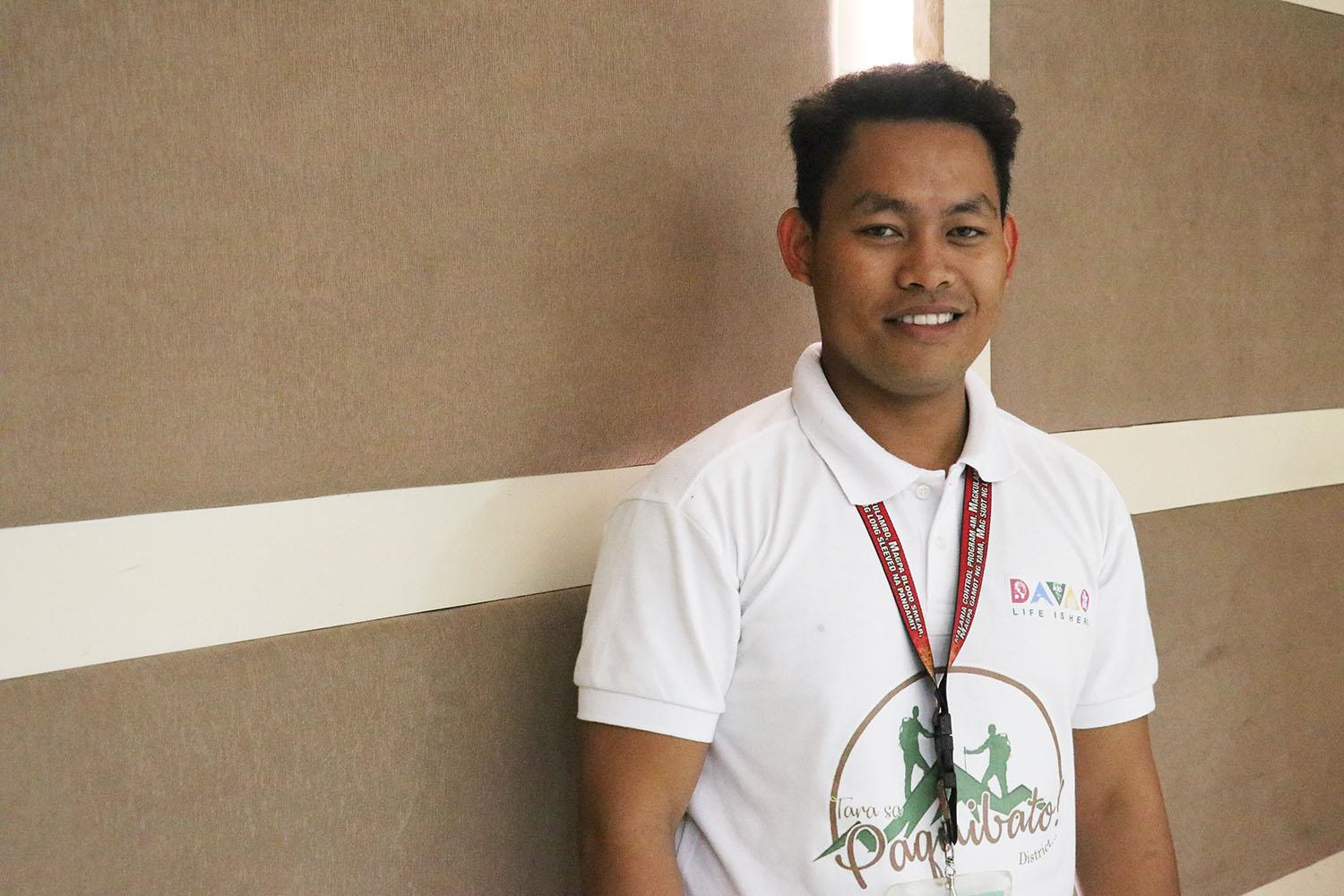Niño is a health worker who serves the Ata tribe, one of the Lumad (indigenous) communities in Davao City. Himself an Ata, Niño helps ensure that no child in his indigenous group is left behind during the polio campaign. He shares his story with us:
“I’m a Lumad, from the Ata group. In Davao City, we have 11 indigenous groups. In Paquibato District, our group comprises the majority. I’m the healthcare provider there - immunizing the children, doing prenatal exams for the mothers.
It’s my first time to participate in the Sabayang Patak [Kontra Polio]. It’s a big challenge for me because my assigned area is a GIDA (Geographically Isolated and Disadvantaged Area). I cover a population of almost 6,000. To walk to the farthest village, we Lumads can reach the destination in four hours. For the urbanites, it would maybe take around 10 to 12 hours. They are unable to go there and back within a day.
The advantage that I’m working with my fellow Lumads is that they understand what I want them to understand because I can communicate with them. They are used to seeing me. For many, they become uneasy if there is another person providing the health service. But if they know that I’m there, they cooperate.
However, the disadvantage of me being a fellow Lumad is that they believe that I always go back to them. They may then postpone availment of the service.
I’m using many strategies. One of which involves communication. There’s no signal, so cell phones can’t be used. That’s why I bought a two-way radio to communicate with barangay health workers. There are eight of them. I have fixed vaccination sites - all in far flung areas. Because there is a two-way radio, they can communicate the instructions with one another.
To my fellow indigenous peoples, we need to cooperate with the program of the government. Let us not be left out. We have many beliefs and what I want is for my fellow Lumads to grab the opportunity to be educated. They should continue to cooperate with the barangay and with our government.”


